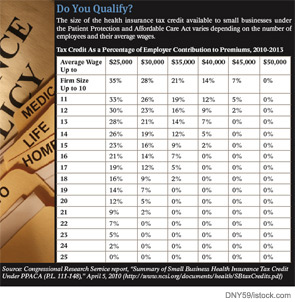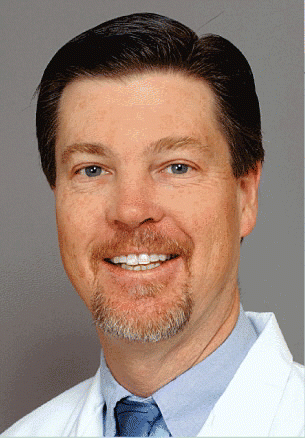A physician who was recently offered a lucrative position with an otolaryngology practice in his community asked me to review his current employment agreement to determine if it contained any prohibitions against accepting the job. His previous employment contract contained a noncompetition clause that, justifiably, caused him and his prospective employer some concern. As it turned out, in his case, and in many others, the noncompetition clause was not as restrictive as it appeared at first glance. The provision was penetrable and my client joined the new practice with a clear conscience that he was not in violation of his previous contract.







